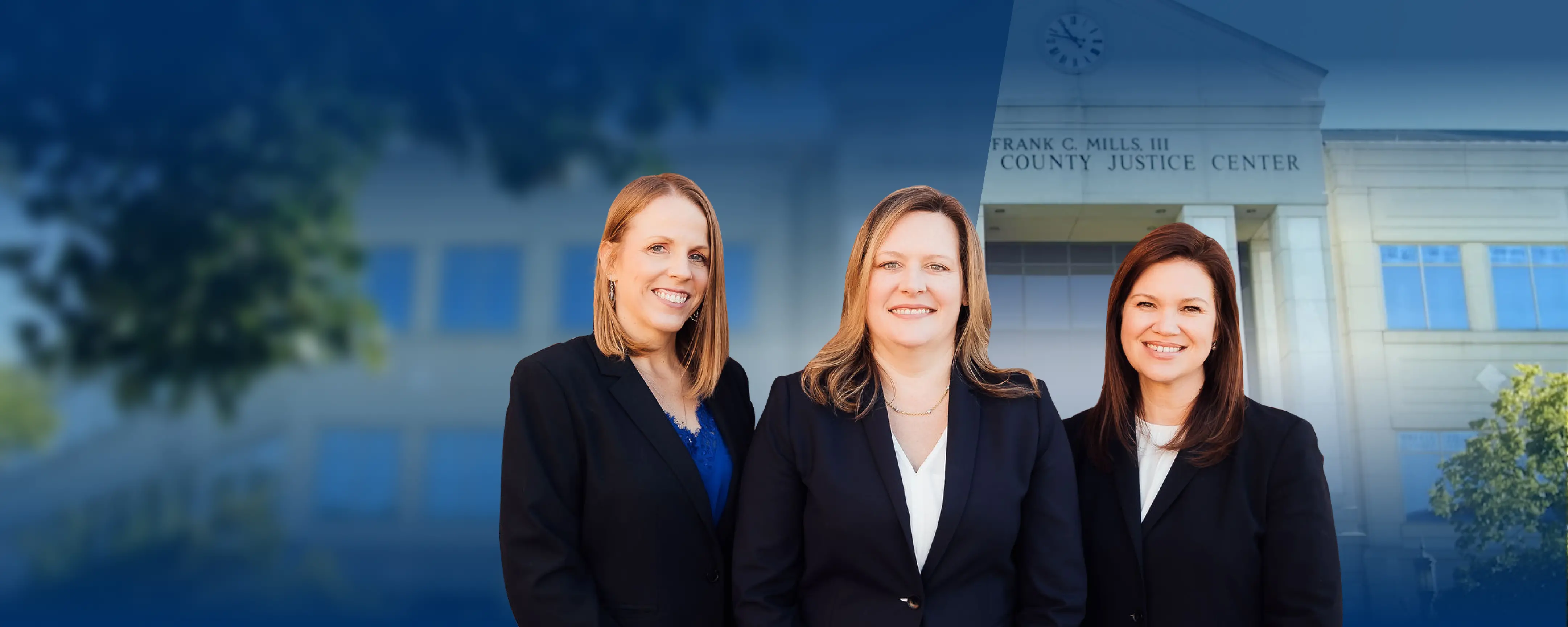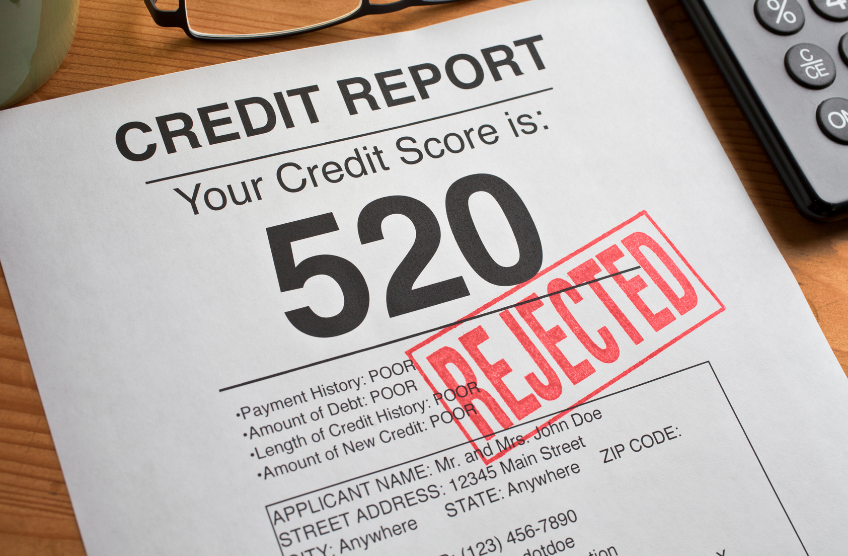
Bankruptcy comes with a certain amount of stigma in the United States, so it might seem strange to consider the benefits of a bankruptcy filing.
But for some people struggling with insurmountable debt, Chapter 7 bankruptcy can represent a fresh start, and a chance to get their financial lives back on track. We have seen this process first-hand.
Not everyone qualifies to file for Chapter 7 bankruptcy. To qualify, your disposable income and expenses are subject to a means test, which evaluates your financial situation and whether you can afford to repay your debts.
Here’s a look at the benefits of Chapter 7 bankruptcy for those who qualify.

You Get A Stay On Collections
As soon as you file for bankruptcy, creditors have to stop contacting you about your debt. This is called an automatic stay.
This might not sound like a big deal if you’ve never been subject to collections. But for some people, this can feel like a much-needed pause in a battle. Collections agents can be very aggressive, sometimes bordering on harassment.
Filing a petition for bankruptcy can bring people some much needed relief from being contacted multiple times a day by debt collectors who utilize aggressive tactics.
You Get A Stay On Other Actions Against You, Too
In addition to stopping those creditor phone calls, filing for bankruptcy will put an immediate halt to some other measures taken against you because of unpaid bills. Some examples:
· Halting a repossession, foreclosure, or eviction (at least temporarily). Pro tip: Chapter 7 will stop a repossession or foreclosure until the creditor files a motion for relief from auto stay, but it does not stop an eviction at all if the landlord already has had a magistrate judge order to evict.
· Preventing your utilities from being shut off.
· Stopping wage garnishment.
You Get the Most Debt Relief
After a discharge order, Chapter 7 bankruptcy erases most of your qualifying debt—unlike Chapter 13, which is more focused on developing a realistic monthly payment plan based on your disposable income.
The type of debt you can erase as part of the bankruptcy process is generally unsecured—certain debt that isn’t backed up by an asset you own, such as a house or car. Some examples of unsecured debt that you can usually discharge in Chapter 7 bankruptcy include:
· Medical bills.
· Credit card bills.
· Less recent tax debt as well as older.
· Personal loans.
· Utility bills.
· The remainder of your car loan if your car has been repossessed.
However, some unsecured debts can’t be discharged in bankruptcy, such as:
· More recent tax debt.
· Most student loans.
· Child support.
· Alimony.
If you also have secured debt—such as a mortgage or car loan—you may be able to discharge it as part of the bankruptcy process, but you are also in danger of having the asset repossessed by the creditor. You have to keep your payments current if you want to keep the asset.
You Don’t Always Lose Access To Credit
It’s totally understandable to think that after filing Chapter 7 bankruptcy, your credit score will be tanked and you’ll never get access to credit again. But this is not the case.
One major benefit of filing Chapter 7 bankruptcy is that you get a chance to reset most of your debts and make a fresh start. This can cause your credit to rise over time, especially if you stay current on your bills going forward.
Accessing credit again is a necessary step in rebuilding your credit score, and there are ways to get credit again even if you have a bankruptcy in your past.
However, accessing credit again after filing for Chapter 7 bankruptcy should be done only with strong limits, especially at first. You’ll need to take care to avoid the issues that got you in financial trouble last time.
Once Your Debts are Discharged, They’re Wiped Clean
Under Chapter 7 bankruptcy, once you receive a bankruptcy discharge, your debts are gone. You don’t have to come up with a repayment plan and abide by it for years, although you do have to continue paying debts that were not discharged in bankruptcy.
This is in contrast to Chapter 13 bankruptcy, in which you establish a three-to-five-year repayment plan to pay back some or all of your debt.
You Don’t Always Lose Your Assets
Chapter 7 bankruptcy is sometimes referred to as a “liquidation bankruptcy” because it sometimes involves selling off your assets. However, it’s a misconception that when you file Chapter 7 bankruptcy, you lose everything you have in exchange for wiping your debts clean.
In practice, that’s rarely true. The rules for this are complex, and what’s considered exempt property will depend on a variety of factors—including the property you have, how much it’s worth, your financial situation, and how much equity you have in the property. However, the result is that well over 90 percent of people who file Chapter 7 keep all of their property.
Exempted property in Georgia is usually set at a certain value amount, and the exemption may be tied to the equity stake you hold in the asset. Some types of assets that can be exempted or partially exempted from liquidation in a Chapter 7 bankruptcy include:
· Homes.
· Motor vehicles.
· Personal property.
· Child support and alimony.
· Public benefits, such as Unemployment, Social Security, and Workers Compensation.
· Job income.
· Tools of the trade.
· Pensions and retirement accounts.
Considering Filing for Chapter 7 Bankruptcy? Talk To A Bankruptcy Lawyer
Professional help can be invaluable when filing Chapter 7 bankruptcy. A knowledgeable bankruptcy attorney can help you get the most optimal terms when filing bankruptcy, and help you keep as many assets as possible in your bankruptcy case.
At Speights Law, we’ve helped hundreds of clients get a clean slate through Chapter 7 bankruptcy, and we can help you, too.
Call us at 770-479-1500 for a confidential consultation about your bankruptcy case.






